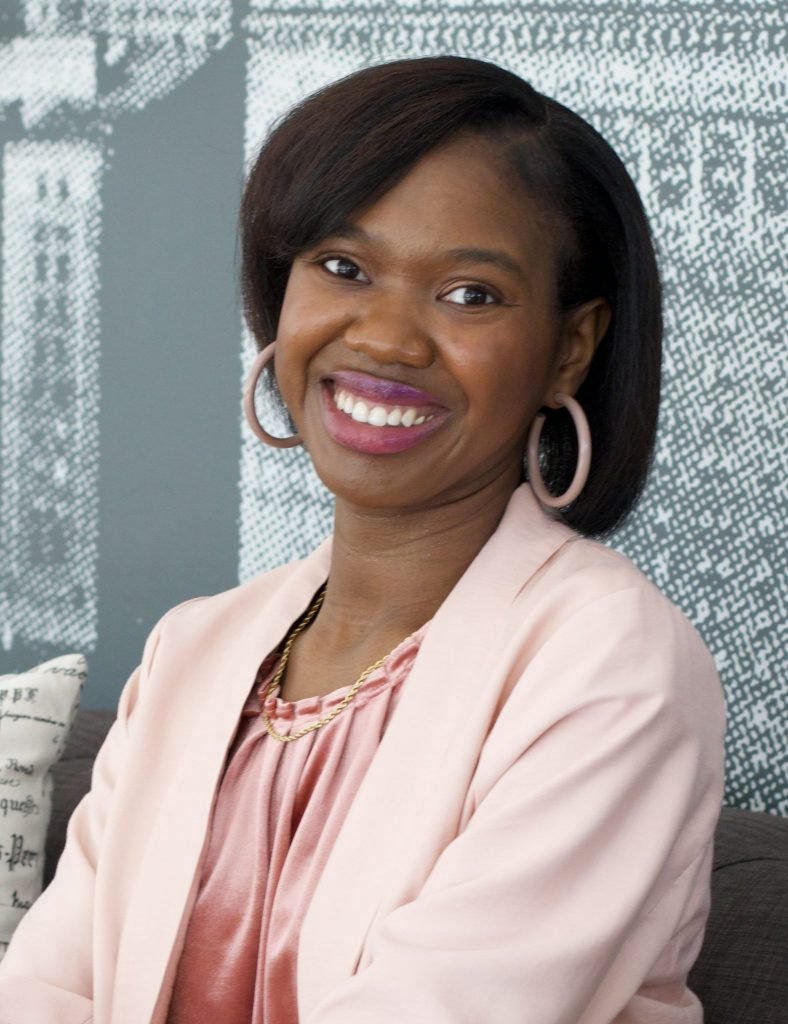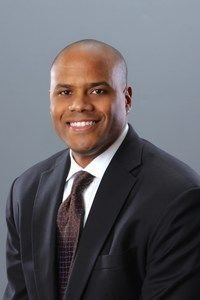
Adam Molyneux-Berry
CoCo Labs
Washington, DC,
United States.
My work has always been to create safe spaces to shift consciousness, activating people as changemakers, contributing to planetary wellbeing. In my coaching practice, using a multi-disciplinary approach, I work with leaders to support them in showing up as the best versions of themselves – accompanying them in their self-discovery of what moves them to be forces for positive change in the world. In my systems-level work, I work with changemakers across entire ecosystems, using Collaborative Innovation, Human Centred Design, Social Innovation and Social Impact methodologies to solve shared challenges and scale impact collectively. The combination of deep interpersonal work with leaders, and broad systemic impact across ecosystems is part of my theory of change: By working on our inner worlds and collaborating radically in our outer worlds, collective wellbeing is not only possible, it is inevitable. In my own journey, I have launched 10+ organisations – including SMEs, nonprofits and social businesses – 3 of which were launched during the Arab Spring. Having experienced the full-spectrum of leadership challenges, from personal and team burnout to systems-level collaborations during extreme uncertainty and volatility, I learned first-hand just what it takes to thrive individually and collectively, in the midst of complexity. Working across languages, cultures and generations in complex socio-political contexts has been one of the most challenging and rewarding experiences of my career. In 2014 I was awarded an Ashoka Fellowship for work I did during the Arab Spring – leveraging the Green Economy in the MENA region as a safe space for youth, government, private sector, civil society and academia to work together in rebuilding the region. My current focus the systems-change initiative, CoCo Labs, tasked with advancing equitable wellbeing for collective thriving.
What does inner wellbeing mean to you?
Inner wellbeing for me is a combination of many things coming together. It includes integrating our mental, emotional, somatic, relational, and spiritual aspects. It also includes an ability to be present, self-aware and to meet our experience with gentle and kind awareness.
How would you define wellbeing in one word?
Harmony.
Are there any rituals or practices you use to enhance your wellbeing?
Meditation/sitting, qigong, inner relationship focusing, exercise, ritual, music, dance, poetry, connection, and community.
Why is it important that we prioritize individual, organizational and societal wellbeing?
To activate the most beneficial potential in our emerging future.
How would you define wellbeing in one word?
- Podcast: Brene Brown, Dare to Lead.
- Book: Wisdom of the Enneagram.
- Meditations: Tara Brach
Connect with Adam Molyneux-Berry on social media :













































